Publications
Articles, publications, books, tools and multimedia features from the U.S. Institute of Peace provide the latest news, analysis, research findings, practitioner guides and reports, all related to the conflict zones and issues that are at the center of the Institute’s work to prevent and reduce violent conflict.
Question And Answer
Blinken’s China Trip Shows Both Sides Want to Stabilize Ties
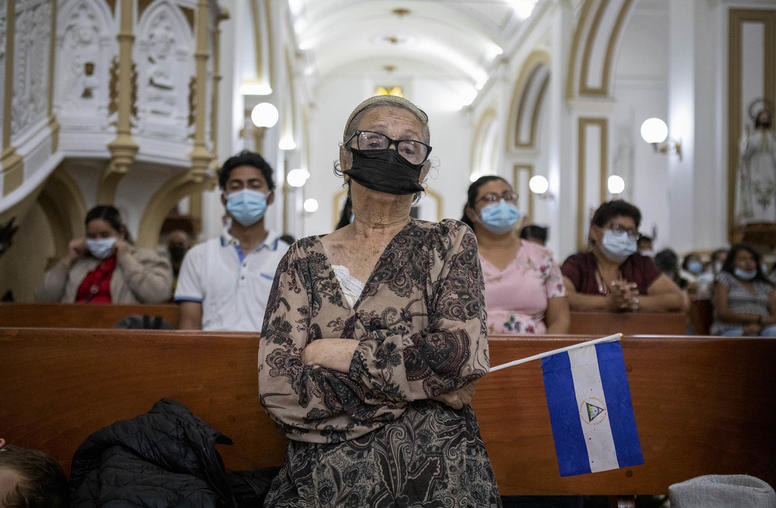
In Nicaragua, Crackdown on Religious Actors Further Imperils Return to Democracy
In recent months, Nicaragua’s government has escalated its effort to silence dissent by waging a systematic campaign of repression against the Catholic Church. Nicaraguan President Daniel Ortega and Vice President Rosario Murillo’s crackdown on clergy and church-affiliated organizations critical of their authoritarian regime not only threatens Nicaragua’s religious freedom but also erects significant roadblocks to the country’s return to peace and democracy.
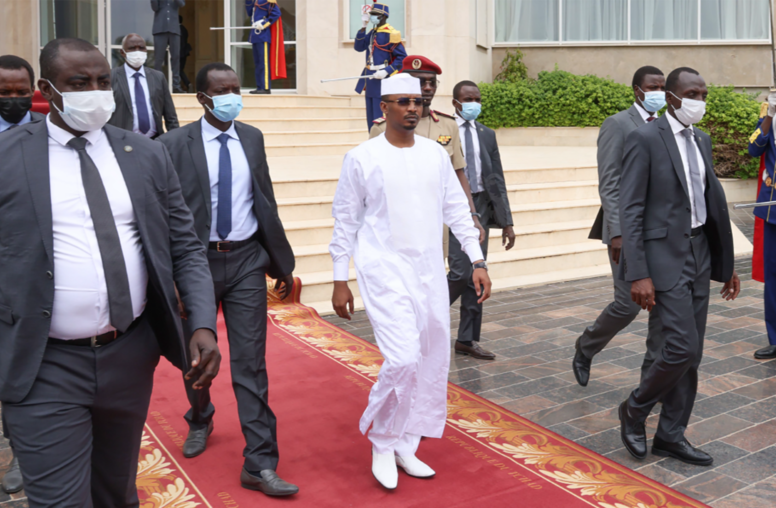
Chad’s National Dialogue Concludes Amid Uncertainties for the Transition
When Chad’s longtime President Idriss Déby was killed in April 2021, a group of military officers led by Déby’s son, Mahamat Idriss Déby, took control of the country and outlined an 18-month transition back to civilian rule. A crucial part of the transitional timeline was the promise of an inclusive national dialogue, which would be tasked with forming a national consensus on constitutional reform, election plans and other contentious political issues. After numerous delays, the long-awaited national dialogue finally opened in the capital N'Djamena in late August — just two months before the transition was slated to end.
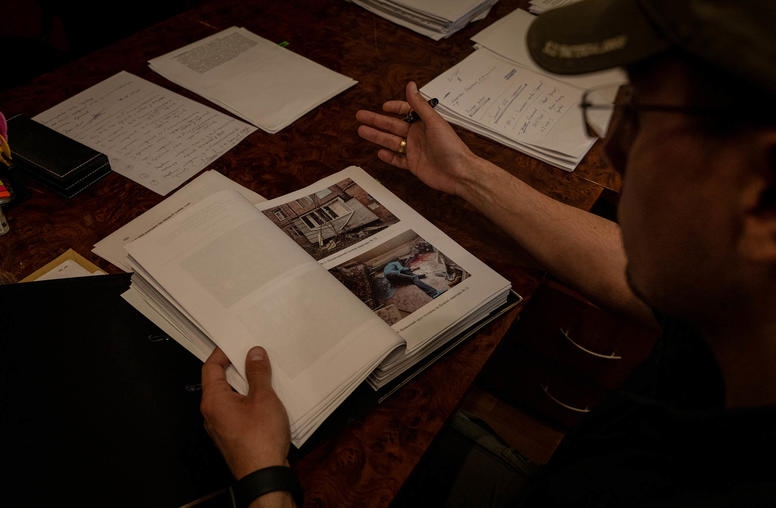
Nobel Peace Prize: Documenting Rights Abuses is Vital in Ukraine and Beyond
The award of the 2022 Nobel Peace Prize to one individual and two civil society organizations — from Belarus, Russia and Ukraine — recognizes the critical role civil society documenters play in holding states accountable for human rights abuses. The laureates have brought to light the breadth of abuses committed by authoritarian regimes in Belarus and Russia and the vast harms suffered by Ukrainians as a result of the Russian invasion. They also reflect a larger global trend, where civil society organizations document crimes in order to hold perpetrators accountable, memorialize the suffering of victims, and provide critical information to families on the fates of their loved ones.
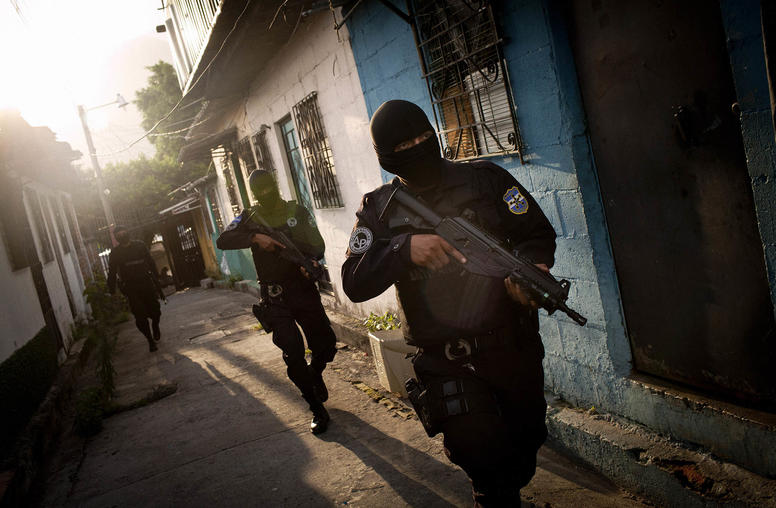
Ending El Salvador’s Cycle of Gang Violence
El Salvador has long suffered from cycles of extreme violence linked to powerful criminal gangs. National authorities have responded with both severe repression and secret appeasement. In public, governments may enact “mano dura” or “iron-fist” policies, which include mass arrests of suspected gang members. But in secret, Salvadoran leaders have negotiated with imprisoned gang leaders, providing them with benefits in return for ordering their members to dial back the bloodshed.

Could the Israel-Lebanon Maritime Border Deal be a Game-Changer?
Israel, Lebanon and the United States announced this week that a deal has been reached between Israel and Lebanon on each country’s maritime border. Negotiations between the parties over the 330-square-miles of the Mediterranean Sea have proceeded with stops and starts since 2020, but over the past few months edged toward a mutually acceptable outcome. Under the agreement, the contested waters will be divided by a line straddling the “Qana” natural gas field. Both parties would be able to produce gas on their side of the line, in addition to royalty arrangements agreed upon. A buoy line will remain between the two countries.
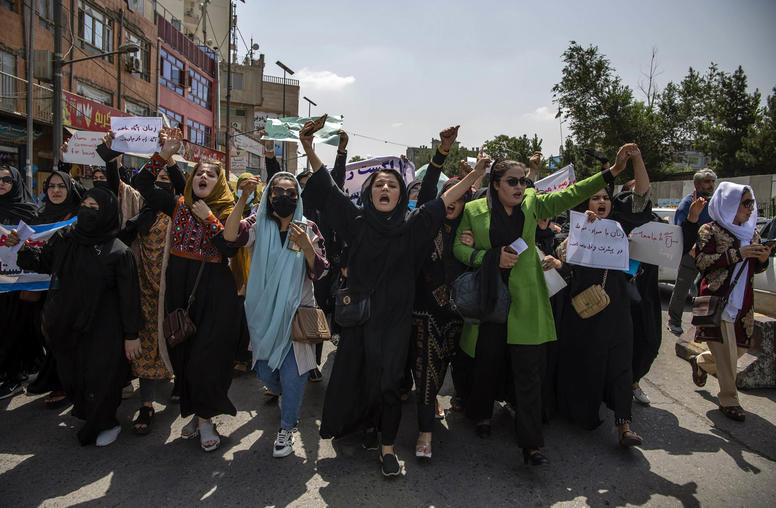
Iran’s Protests ... and the Afghan Sisters Next Door
Iran’s women are seizing worldwide admiration with 26 days of courageous defiance against their authoritarian government’s violent confinement of females as second-class citizens who may not freely work, marry, divorce, travel or even be seen with their heads uncovered. Less noted are this audacious movement’s existing, and potential, connections to the tenacious, 14-month campaign by Afghan women resisting the even tighter oppression of the Taliban. Street protest slogans, social media posts and other links illustrate a synergy between the movements that both should use in the difficult task of converting their inspiring courage into real change.

Le Dialogue National au Tchad se Termine dans un Contexte d'Incertitudes pour la Transition
Après que l’ancien président du Tchad, Idriss Déby, a été tué en avril 2021, un groupe d'officiers militaires dirigé par le fils de Déby, Mahamat Idriss Déby, a pris le contrôle du pays et a défini une période de transition de 18 mois pour le retour à un régime civil. Un élément crucial du calendrier de transition était la promesse d'un dialogue national inclusif, chargé de former un consensus national sur la réforme constitutionnelle, les plans d'élection et d'autres questions politiques litigieuses. Après de nombreux retards, le dialogue national tant attendu a finalement commencé dans la capitale N'Djaména fin août – juste deux mois avant la fin prévue de la transition.
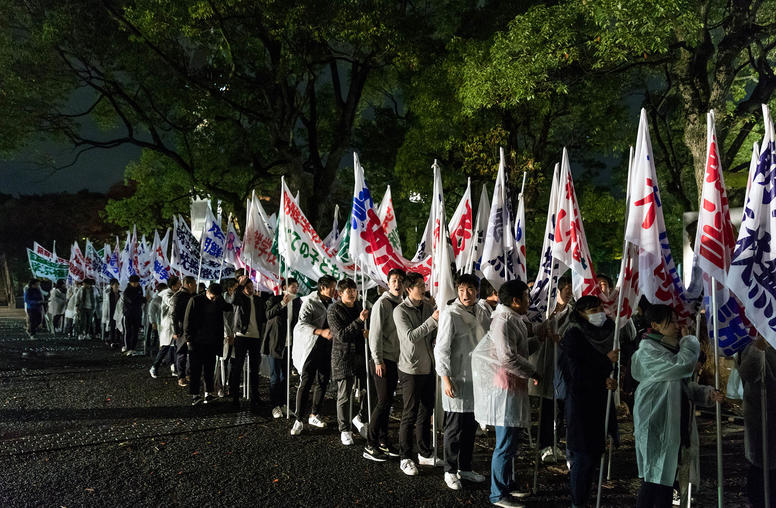
Citizenship Policy Reform in Japan as a Path to Cooperation with South Korea
Over the past two decades, increasingly vocal and visible anti-immigrant and, specifically, anti-Korean sentiment has risen in Japan’s public sphere. Internet chat rooms such as “2-channel” have become forums for anonymous posts expressing anti-foreign, anti-Korean and anti-Chinese sentiment. Similarly, anti-immigrant — and specifically anti-Korean — sentiment on the streets has increased through such organizations as the zaitoku-kai (the “Citizens group that will not condone special rights for Koreans in Japan”).
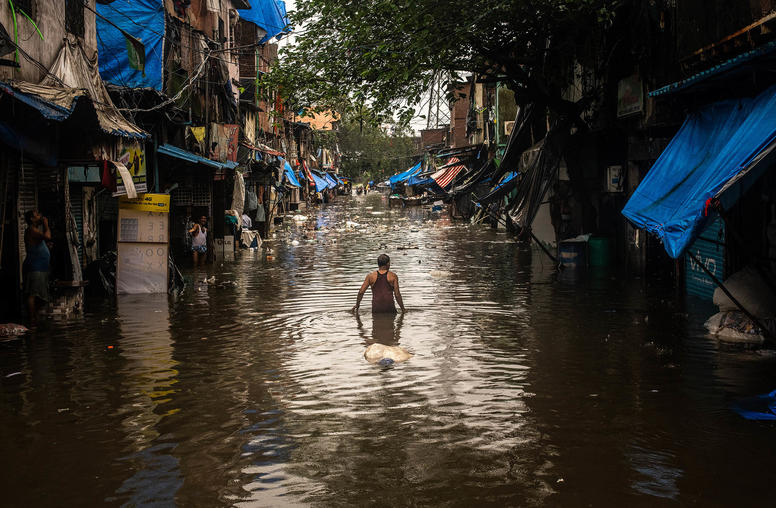
It’s Time for South Asia to Talk Climate
That India and Pakistan are engaged in backchannel track 2 diplomacy is the worst kept secret in South Asia. It does not take a vivid imagination to guess what dominates the agenda at these talks: Kashmir, terrorism, trade, perhaps crisis behavior under the shadow of nuclear weapons. Welcome as such conversations are, they are almost assuredly lacking focus on the biggest crisis facing the region’s inhabitants: climate change.
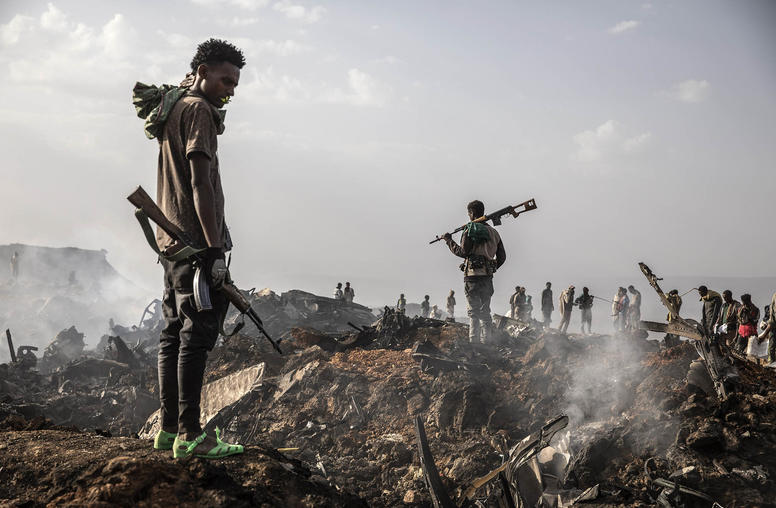
Ethiopia’s civil war is raging. How can it get on track toward peace?
In August, the devastating conflict in northern Ethiopia resumed, effectively ending the March 2022 humanitarian truce between the Ethiopian federal government and Tigrayan forces, which many hoped would pave the way for a negotiated cease-fire and peace talks. This week, the African Union’s chairperson called for an immediate cease-fire and U.S. Secretary of State Antony Blinken also called on the parties to cease hostilities and participate in talks organized by the African Union. What comes next in Ethiopia will have major implications for its people, the strategically vital Red Sea arena and for U.S. interests in the region. Stepped up, senior-level U.S. engagement is direly needed to get Ethiopia on a path toward peace.